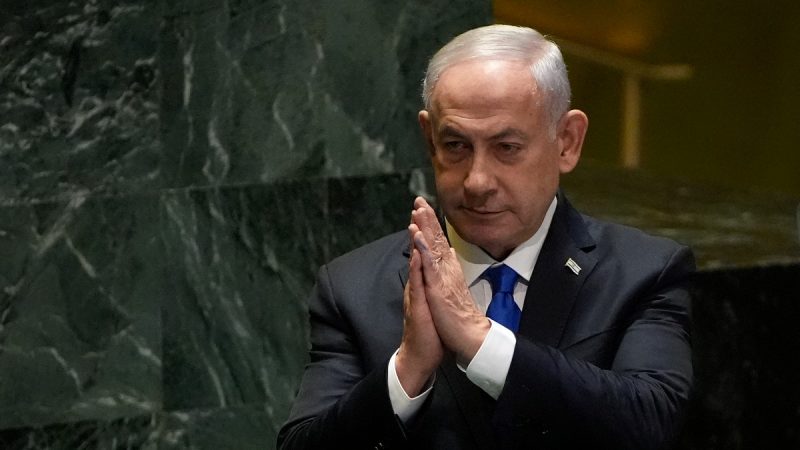In the realm of Middle Eastern politics and international diplomacy, prominent figures continually shape the narrative concerning the region’s delicate balance. In this arena, only a few can claim notoriety akin to Benjamin Netanyahu, the former Prime Minister of Israel, who has recently made significant waves with his remarks regarding the region’s conflicts.
In an address delivered to an audience comprising diplomats, policy makers, and academicians, Netanyahu outlined his views on the Middle East’s strategic situation, framed it as a binary choice between a blessing or a curse. It is interesting to note how he categorized this critical decision-making process. He pressed the point that such choices have far-reaching implications, with consequences resonating beyond local or regional scales. Indeed, these choices can significantly influence the global perception of peace and the reality of international relations.
Netanyahu’s address had a strong undercurrent of caution. He warned of Israel’s ‘long arm,’ pointing to Israel’s well-equipped military force and its strong global alliances. These words were not uttered without contemplation, bearing significance in regards to Israel’s stance towards conflicts in the Middle East and its security policies. Netanyahu’s expression serves to remind other nations in the region and the international community about Israel’s systemic strengths and potential capabilities, whether related to defense, deterrence, or even preemptive strikes.
Israel’s ‘long arm,’ according to Netanyahu, stems from a complexity of factors. Primarily, it underscores Israel’s military prowess. The nation consistently ranks among the world’s top military powers, and this reality is further bolstered by partnerships with nations like the United States. By emphasizing the country’s ‘long arm,’ Netanyahu is projecting a message of strength and security readiness, particularly against threats originating from the region.
Secondly, Netanyahu’s choice of words underlines the robust diplomatic ties that Israel has forged over the years. Israel’s diplomatic ‘long arm’ has a wide reach, has social, economic, and military alliances with countries across the globe. The former prime minister’s words are a reminder of this fact, reminding the world of the broad-reaching influence that Israel has on the global stage.
Lastly, Netanyahu’s terminology is a nod towards Israel’s technological prowess. Israel is internationally recognized for its hi-tech military capabilities and advanced defense systems, further substantiated by the country’s world-ranking cybersecurity infrastructure.
With this statement, Netanyahu maps a nuanced strategic picture of Israel’s position within the Middle Eastern and global arenas. His warning about the choices posed to regional players concerning whether they will lead to a blessing or a curse is emblematic of the volatile nature that characterizes the Middle East’s geostrategic reality.
In conclusion, Benjamin Netanyahu’s noteworthy remarks provide an in-depth analysis of the quandaries besieging the Middle East, the inherent choices available to nations in the region, and Israel’s considerable influence, aptly symbolized by its ‘long arm.’ His perspectives offer a potent reminder of the fine balance that exists within International diplomacy and the consequential nature of strategic decision-making.






























